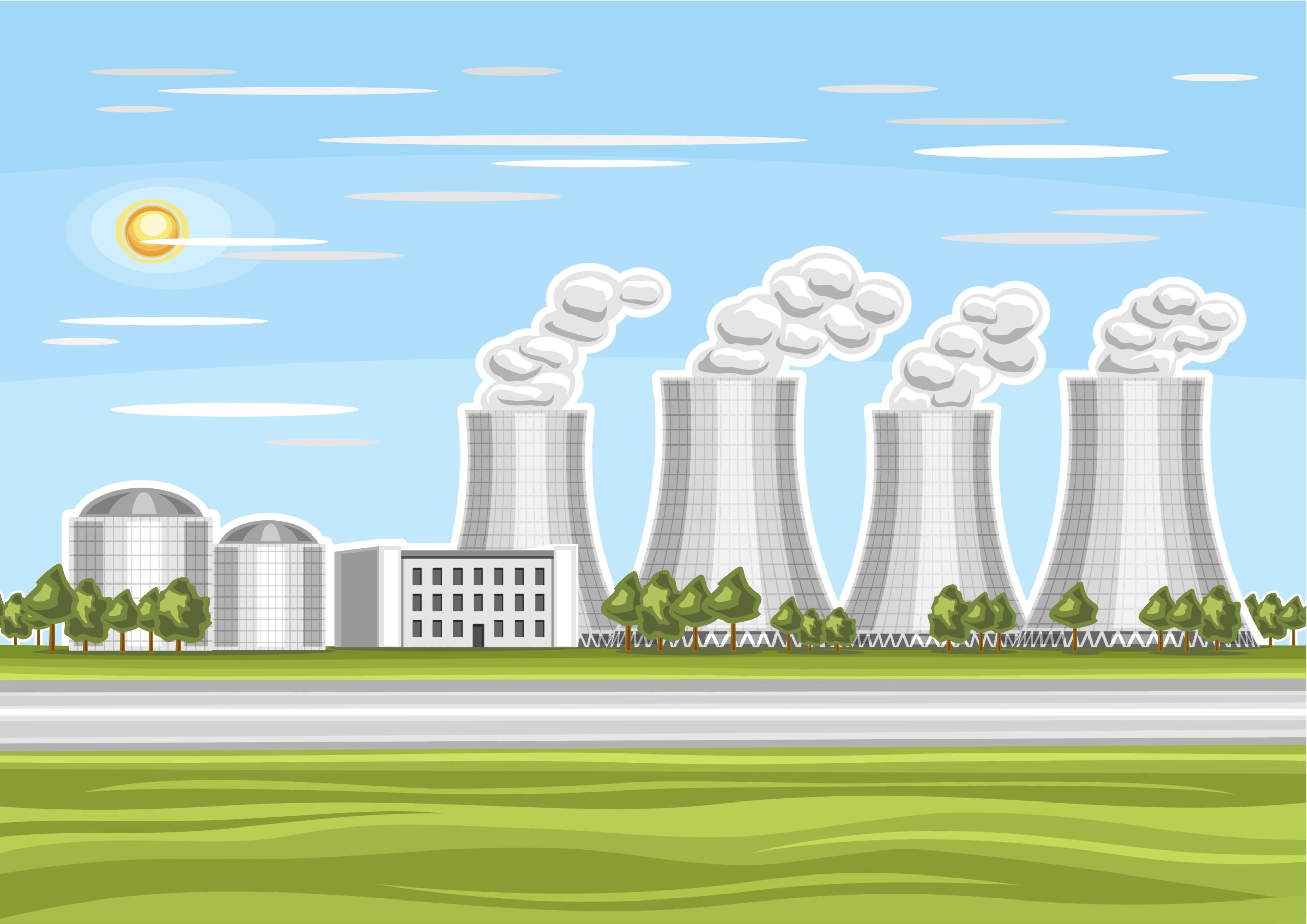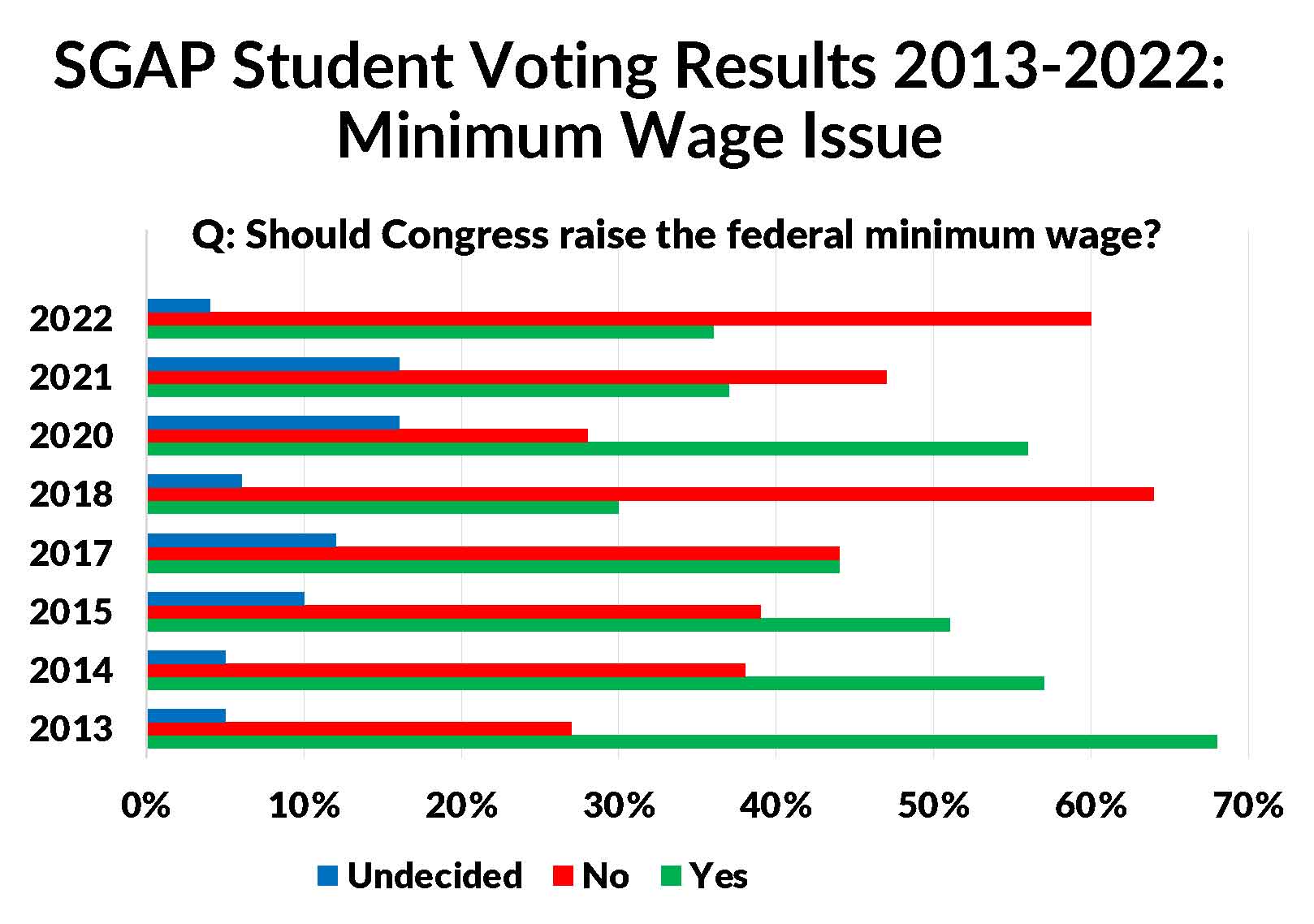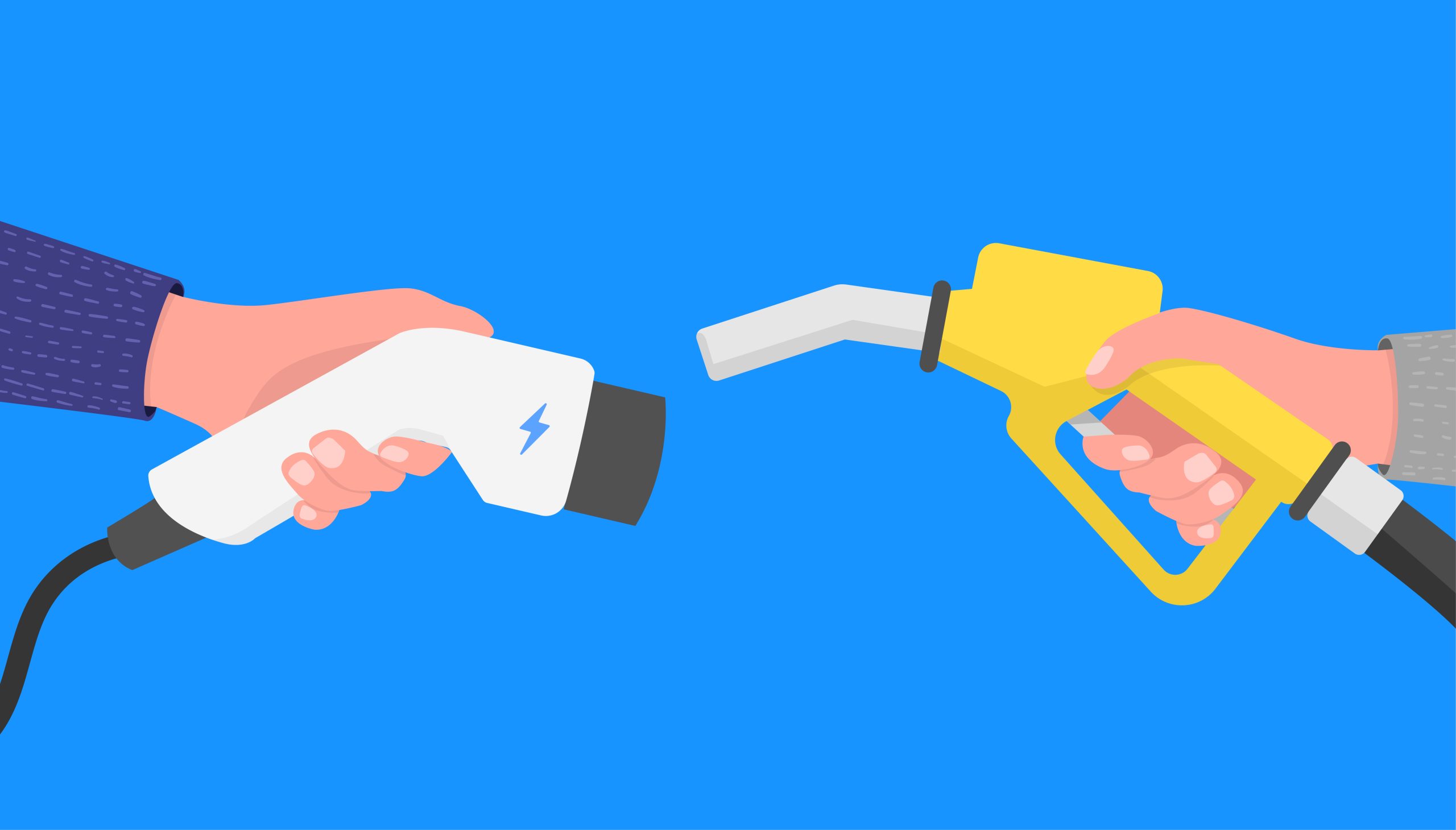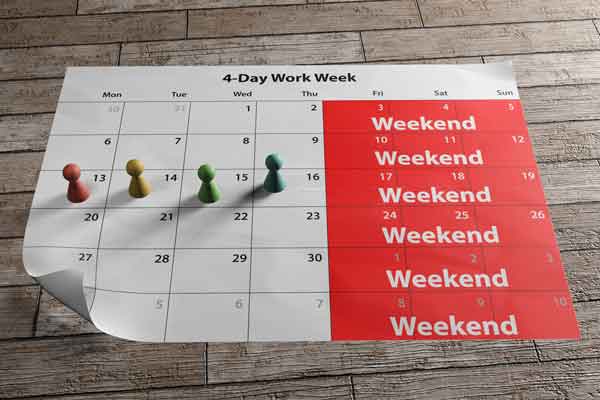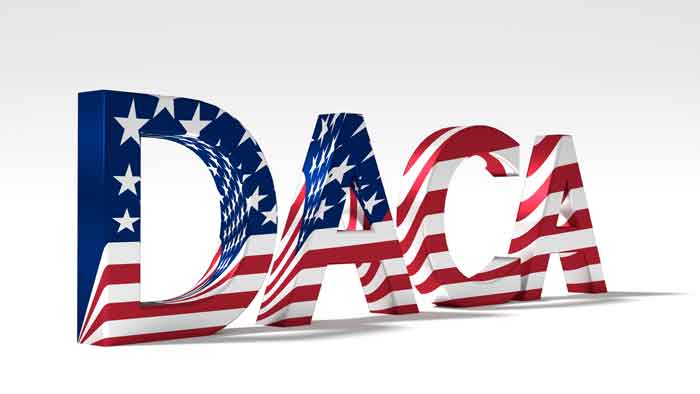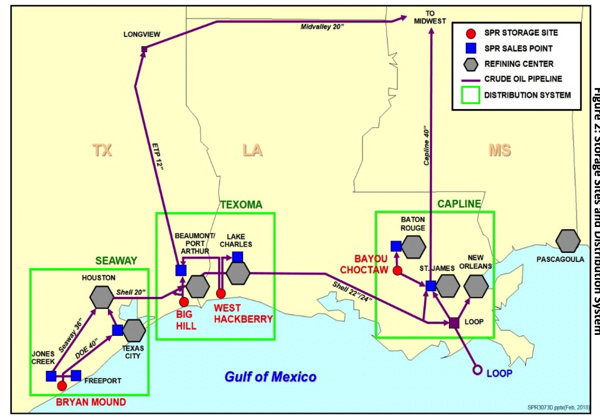RESEARCH LINKS

TikTok has become an immensely popular app with teens and young social media users for its short videos and customized song and dance features. But recently the app is the subject of scrutiny over fears it could be used by the Chinese Communist government to censor content and spy on Americans.
Issue 1: TikTok Ban
Congress.gov: H.R.7521, “Protecting Americans Foreign Controlled Apps”
ProCon.org: “TikTok Ban Top Pros and Cons”
WSJ.com: “What Banning TikTok in the U.S. Would Look Like”
Forbes.com: “These 39 States Already Ban TikTok from Government Devices”
WaPo.com: “House Passes TikTok Ban Bill”
NPR.org: “House Passed TikTok Ban Bill. But Is App a National Security Threat?”
Issue 2: Ukraine Aid
Congress.gov: H.R.5692, “Ukraine Security Assistance Appropriations Act”
Government Accountability Office: “What’s the Status of U.S. Aid to Ukraine?”
WSJ.com: “The Case for and Against Aid to Ukraine”
TheGuardian.com: “Mike Johnson Faces Revolt by Republicans on Ukraine Aid”
NBCNews.com: “Speaker Johnson Faces Ukraine Aid Dilemma”
APNews.com: “Senators Push Forward with Ukraine Aid as World Watches”
DISCUSSION QUESTIONS
Issue 1: TikTok Ban
- Should TikTok be banned in the U.S.? Why or why not? What alternative solutions do you suggest?
- Although they’re owned by the same company, China’s version of TikTok offers a child-friendly version, with educational videos and a time limit that isn’t offered in the U.S. Do you think it’s possible China is using TikTok to influence a generation of American youth?
- Is TikTok merely a fun video app, or something more insidious? If you were a parent, would you allow your kids to use the app? Why or why not?
- The TikTok app contains a great deal of private information about American users and this data is stored offshore. But is it futile to worry about Chinese government surveillance in an age where all big tech companies (and the U.S. government) are spying on us anyway?
- Should American federal or state governments ban TikTok on government devices? Why or why not?
Issue 2: Ukraine Aid
- What are the arguments for and against the U.S. continuing to give aid to Ukraine to fight Russia?
- Some foreign policy experts believe that Russia seeks to weaken Ukraine by waging a “war of attrition.” What do you think that means?
- Former President Donald Trump has accused President Joe Biden of putting “Ukraine first” and “America last.” Do you agree? Why or why not?
- Do you think support for Ukraine is important to U.S. interests? Why or why not?
- Do you feel that Ukraine should advance toward NATO membership? Why or why not?


